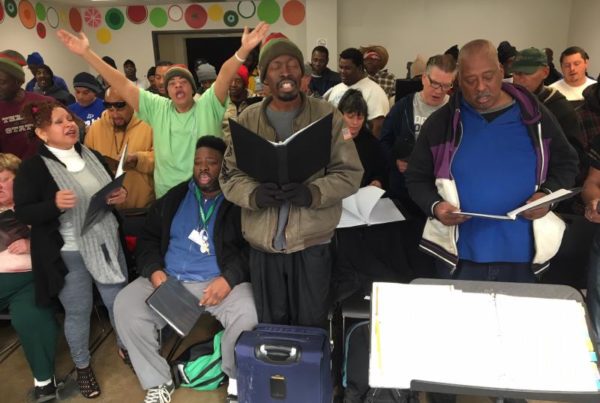The U.S. Supreme Court reconsidered, for a second time, the case of Bobby Moore, who was sentenced to death almost 40 years ago for a Houston robbery and murder. In 2017, and then again this week, the high court slammed Texas’ method for determining intellectual disability in death penalty cases as insufficient and fundamentally flawed, and that it perpetuated stereotypes by using unscientific methods. Now, some Texas lawmakers have written a bill to change the process for determining intellectual disability.
Republican Rep. James White from Hillister is one of the co-authors and is also chairman of the House Committee on Corrections. White says his hope is that the legislation would make capital punishment a decision by local jurisdictions.
“I believe if performed rightly and justly, we should allow our local communities to have the discretion to sentence death,” White says.
White says the bill doesn’t necessarily aim to curb executions in general. But he says it’s a way for Texas to remedy the things the Supreme Court has criticized in its rulings, including that the state was using outdated medical standards to determine whether someone is living with an intellectual or developmental disability.
White says he thinks the legislature, as opposed to the courts, should be responsible for drafting a new protocol.
“It’s the legislature that has passed statutes to institute the death penalty,” White says. “So … I think it is appropriate for the legislature to step in and and make sure that we have something that’s universal throughout the entire state.”
The bill would require a special hearing if an accused person facing the death penalty is thought to possibly be living with intellectual or developmental disabilities. It also requires scientific experts to weigh in on that person’s case.
“And then there is a ruling that’s made; then we proceed through the trial,” White says.
White says the extra hearing before the criminal trial means the process would be more respectful of an accused person’s constitutional rights. The findings from the disability hearing could then be used to determine that person’s sentence.
“It can be brought up in the post-trial or the sentencing phase,” White says. “So that’s how we know that at least we’re starting on a path of constitutionality.”
And White also says this bill is merely a start to reforming how intellectual and developmental disability is determined in Texas death penalty cases.
White says he wants to prevent those working in the state criminal justice system from having carry out the death penalty on someone who may be living with a disability.
“It’s important for me to know that … I’m not putting our public servants into a position where their actions have some constitutional questionality,” White says. “I want to make sure that our public servants, that they know that we’re supporting them, and we’re not asking them to do something that’s immoral and unconstitutional.”
Written by Caroline Covington.
















